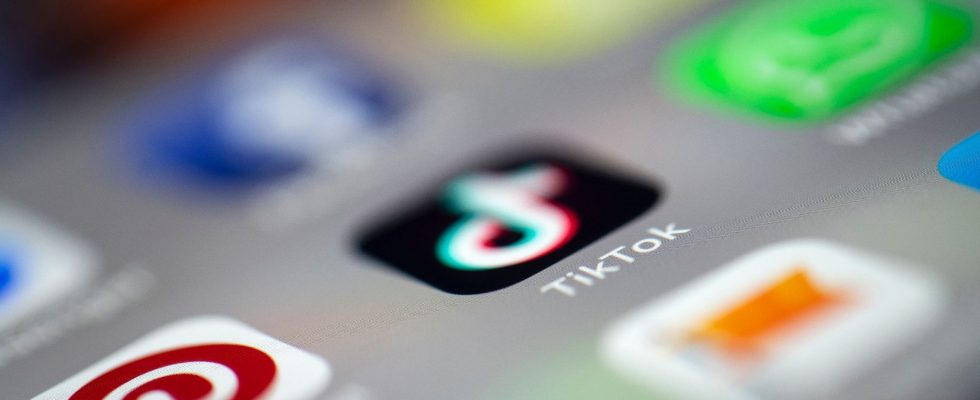Twitter, TikTok, Amazon, Apple, Google, Meta, Microsoft, Amazon… All under the eye of Brussels? The European Commission unveiled, on Tuesday 25 April, which platforms will be subject to enhanced surveillance next September, as part of the entry into force of a set of new European rules, called the Digital Service Act (DSA ).
19 platforms will thus be concerned. Alibaba, Amazon Marketplace, AppStore, Booking, Facebook, Google Play, Google Maps, Google Shopping, Instagram, LinkedIn, Pinterest, Snapchat, TikTok, Twitter, Wikipedia, YouTube, Zalando, Bing and Google Search. The Commission’s criterion? By their size, 45 million active users in the EU, they have “systemic importance” and “particular responsibilities”, according to the European body.
Thus, these companies will in particular have to carry out an annual independent audit to ensure that they are fighting against disinformation, online hatred or counterfeiting. An inventory of content that is illegal, or that could infringe on privacy or freedom of expression, or even have impacts on public health or safety, due to erroneous information. And implemented solutions. A first.
Check algorithms, and moderation capabilities
The Commission thus intends to put pressure on these “Big Tech” who took shelter behind their size and the fact that they are not hosted in Europe, to reject the accusations of poor monitoring of their content. “We will check what is happening in their algorithms […] how many moderators they have, if the moderators are in each of the languages of the European Union”, listed the Commissioner for the Internal Market Thierry Breton, this Sunday in the program “Political Questions”, on France Inter.
Violators will face fines of up to 6% of their group’s worldwide turnover and, as a last resort, in the event of repeated serious breaches, a temporary ban from practicing in the EU. In addition, they will be required to open their algorithms to experts from the European executive and to offer access to their data to approved researchers.
Twitter, owned by US billionaire Elon Musk, and TikTok, owned by Chinese giant Bytedance, have recently fueled concerns about their ability to comply with EU law. Thierry Breton was recently delighted that Twitter had agreed to submit to a compliance test which will take place “at the end of June” in San Francisco. He also clarified that TikTok had also expressed interest in this support offered by the Commission to all the actors concerned.
“Prompt” removal of illegal content
A second set of rules must come into force on February 17, 2024, and this time target all existing social networks, marketplaces and search engines. It includes the obligation to act “promptly” to remove any illegal content as soon as the platform becomes aware of it, or the obligation to inform the judicial authorities when they suspect a “serious criminal offence”. It also includes prohibitions, such as those on using “sensitive” user data (gender, political leaning, religious affiliation, etc.) for targeted advertising and transparency obligations, such as the publication of the main parameters used by the recommendation.
In addition to the list unveiled on Tuesday, Brussels checks the data of other platforms which have claimed not to fall within the scope of the reinforced DSA rules, such as Telegram, Airbnb, PornHub or Spotify. Some of them could be designated later, if the Commission estimates that they exceed the threshold of 45 million active users in the EU. Thierry Breton mentioned “four or five additional platforms” which could be announced “in the coming weeks”. The DSA complements the Digital Markets Regulation (DMA) which tackles anti-competitive practices by tech giants and which came into force on November 1.
